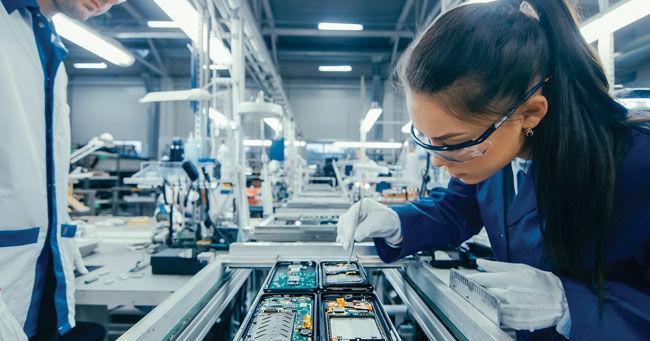
American Teens Embrace Future Workforce Amidst AI and Economic Change
As American teenagers prepare to enter an increasingly complex workforce, they face the dual challenges of rapid technological advancement, notably artificial intelligence (AI), alongside the uncertainties of the current economic landscape. Despite these challenges, a recent survey by Junior Achievement and Citizens Bank reveals a strikingly optimistic outlook among youth regarding their future careers.
According to the findings, an overwhelming 94% of teenagers expressed optimism about their professional futures. This statistic reflects a pervasive sense of hope and ambition prevalent among the youth, especially in a transformative era where traditional notions of work are being redefined. Junior Achievement, a prominent nonprofit organization dedicated to fostering entrepreneurship and financial literacy among young people, has collaborated with Citizens Bank for over 18 years to bolster financial empowerment initiatives. These joint efforts aim to equip the next generation with essential skills needed to navigate financial complexities and career opportunities effectively.
In 2025, Citizens Bank committed more than 0,000 in funding to support various financial empowerment programs. These initiatives provide participants with the confidence and tools necessary for proficiently budgeting, saving, and investing—skills that are crucial as the economic realities faced by new entrants into the workforce can be daunting. With automation and AI expected to play significant roles in shaping job markets, understanding personal finance and the value of adaptability becomes increasingly critical for today’s teens.
While challenges such as rising student debt, fluctuating job markets, and the ongoing effects of economic disruption remain significant, the data highlights a broader trend toward resilience and proactive planning among American youth. Schools and community organizations are stepping up to prepare students for future job demands, emphasizing STEM education and digital literacy. By integrating these subjects into curricula, educational institutions aim to bridge the skills gap that could arise as technological advancements continue to alter various industries.
As economic landscapes evolve, the optimism of American teenagers could prove to be a vital asset. By harnessing their ambition and strategic financial education, these young individuals are better positioned to thrive in a workforce increasingly influenced by technology and innovation. Encouraging this optimism and preparing adequately for the realities of modern work environments remains a shared responsibility among educators, parents, and employers alike.

